Help your students understand the different cell structures found in Plant & Animal Cells with printable Plant and Animal Cell Vocabulary Cards.
Review Cell Structure Vocabulary With a Plant v. Animal Cell Word Wall
Bring the world of plant and animal cells to life with this set of 56 Plant v. Animal Cell Word Wall Vocabulary Cards! Designed to support your pupils’ understanding of key terms related to plant and animal cells, this printable resource is perfect for the science curriculum surrounding cells, biology, and more!
What’s Included in This Plant Cell vs Animal Cell Word Wall Display?
This set of vocabulary cards includes 56 essential terms and definitions covering plant and animal cell structure and function, such as:
- Nucleus
- Cell Membrane
- Cytoplasm
- Chloroplast
- Mitochondria
- Vacuole
- Ribosome
- Endoplasmic Reticulum
…and many more!
Each card features an easy-to-read term related to plant cells vs. animal cells, making them ideal for visual displays, reference materials, and interactive learning activities.
Creative Ways to Use Plant & Animal Cell Vocabulary Cards for Science Review
These vocabulary cards offer more than just wall decorations. Try these engaging ways to integrate them into your classroom:
- Interactive Word Wall
- Set up a designated area in your classroom for a word wall that highlights key vocabulary terms related to plant and animal cells. Write each term on a large card, and include a simple definition or visual cue.
- Throughout the unit, encourage pupils to interact with the wall by adding their own notes, drawings, or examples related to each term. For instance, if the word is “Mitochondria,” pupils might draw a power plant or write “powerhouse of the cell” to help them remember the term’s meaning.
- Refer to the word wall regularly during lessons to reinforce vocabulary and show pupils how the words relate to broader scientific concepts.
- Bell-Ringer Activities for Teaching Plant Cells vs. Animal Cells
- Start each science lesson by introducing a “word of the day” from the vocabulary list. Write the term on the board and ask pupils to respond to a quick prompt, such as:
- “Write a sentence using this word.”
- “Describe how this word relates to a plant or animal cell.”
- “Draw a quick sketch of what this word makes you think of.”
- Spend a few minutes reviewing pupil responses as a class to reinforce the term’s meaning and connect it to prior knowledge. This activity not only reviews vocabulary but also helps transition pupils into a science-focused mindset.
- Start each science lesson by introducing a “word of the day” from the vocabulary list. Write the term on the board and ask pupils to respond to a quick prompt, such as:
- Group Comparison of Plant and Animal Cell Content
- Divide the class into small groups and give each group a card with a term and its definition. Ask the group to discuss and answer specific prompts, such as:
- “Why is this organelle important to the cell?”
- “What would happen if this organelle stopped working?”
- “How does this organelle interact with others in the cell?”
- Have groups present their findings to the class, encouraging other pupils to ask questions or add their own insights. This approach not only builds vocabulary but also deepens understanding of the roles and relationships between cell components.
- Divide the class into small groups and give each group a card with a term and its definition. Ask the group to discuss and answer specific prompts, such as:
Printable & Editable Science Vocabulary Words
This resource is available as an editable Google Slides download and a printable PDF, so you can print and use it however you need. We have also included both full-colour and black-and-white versions of these cards! To get your copy, click the dropdown arrow on the download button and select your preferred file type.
More Ways to Teach Animal Versus Plant Cells!
Don’t stop there! Make sure you check out these printable resources to further your pupils knowledge of animal versus plant cells.
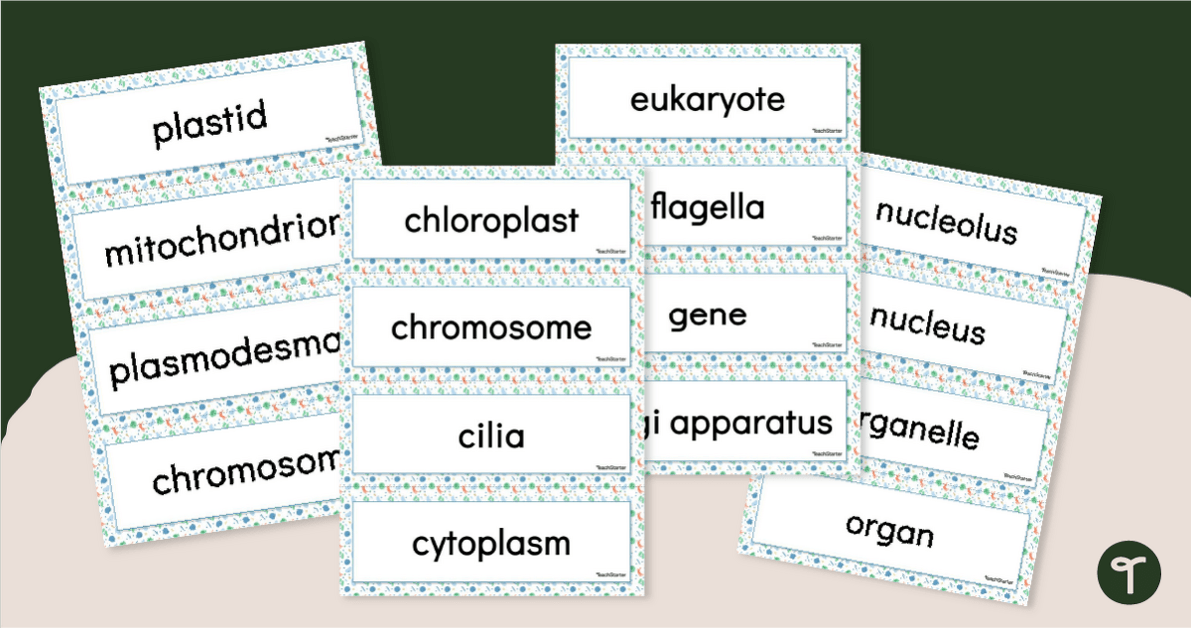

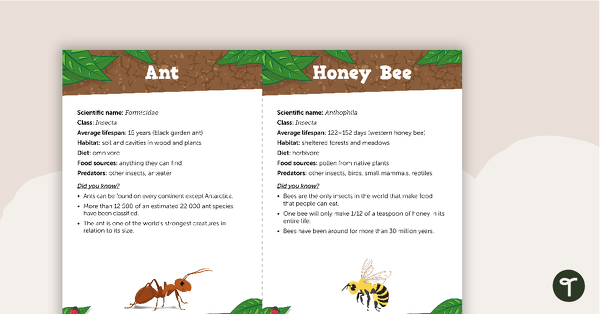
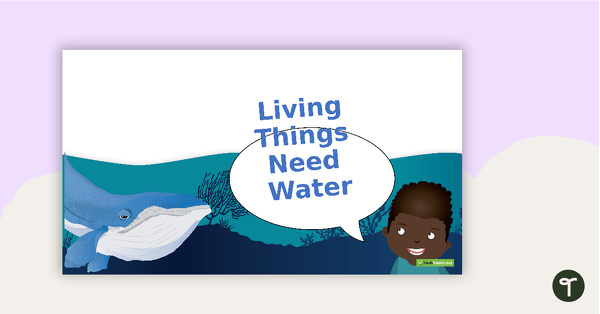
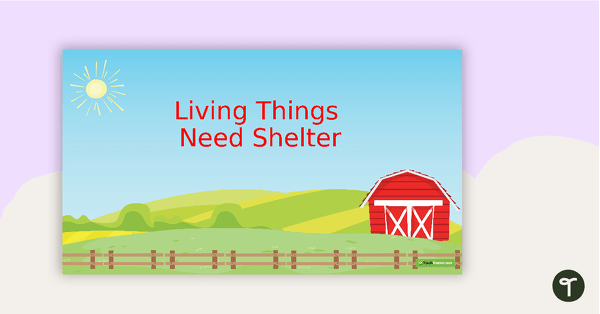
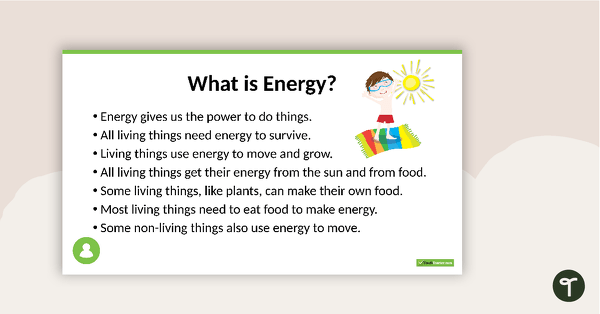
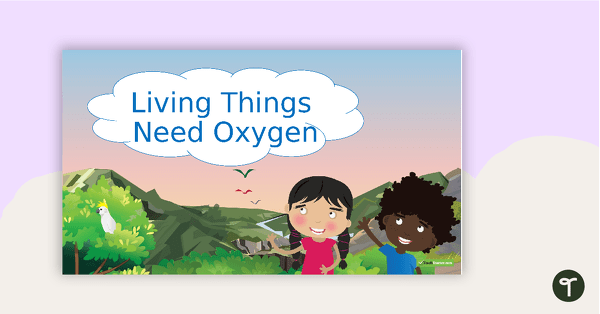
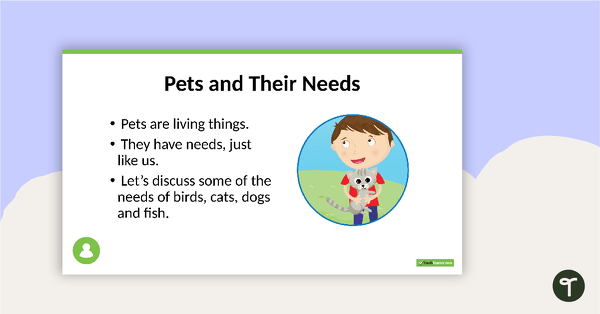
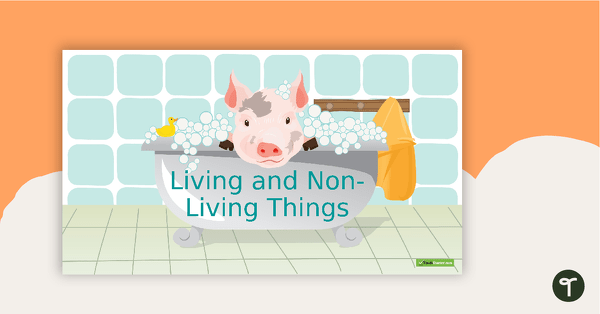

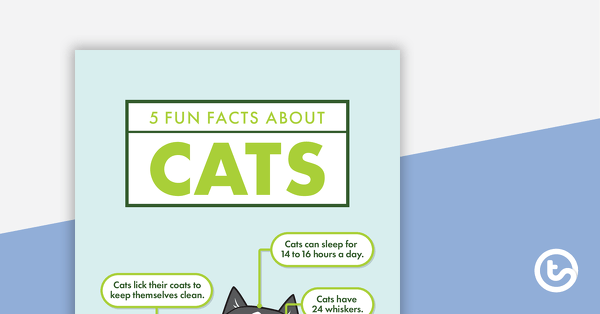
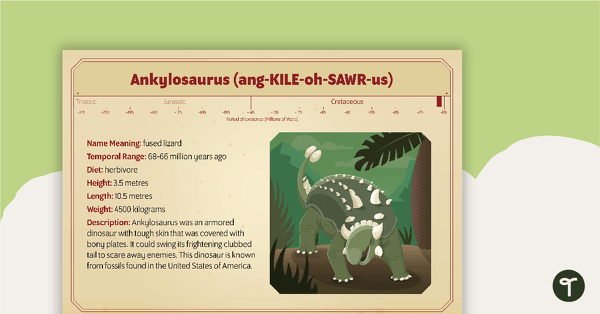
This is simply amazing